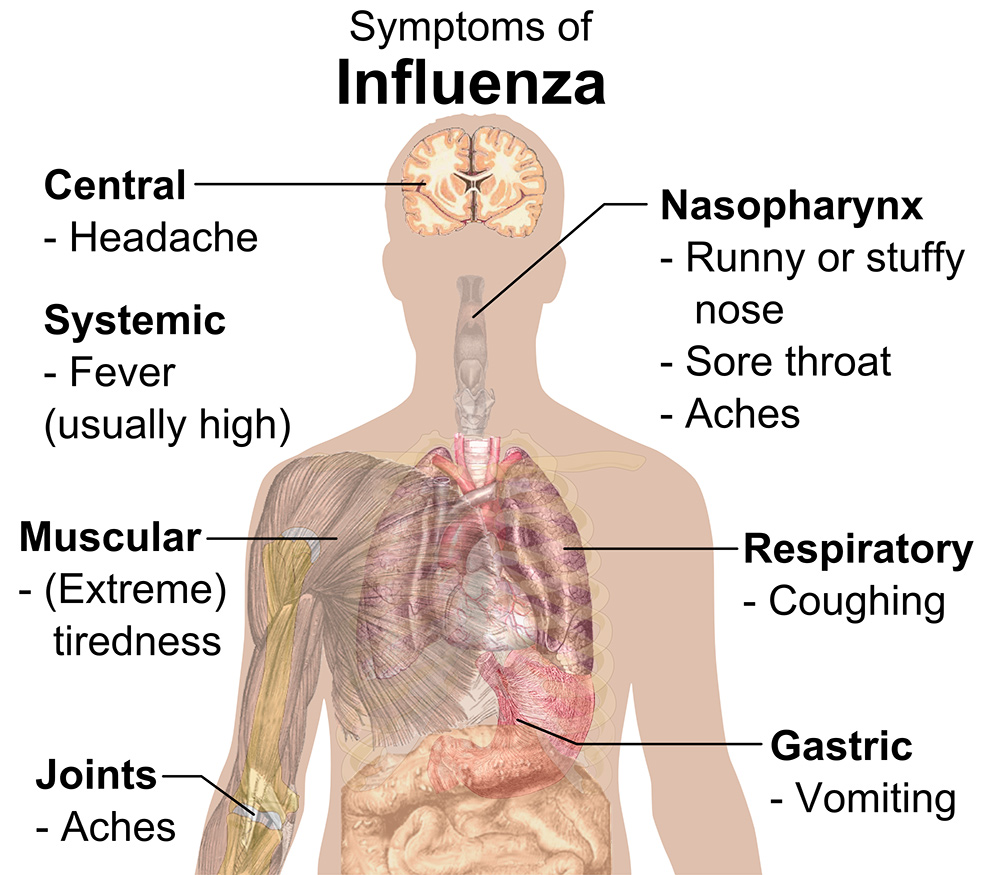Hunter highlights priorities for 101st General Assembly
- Details
- Category: News
 SPRINGFIELD—State Senator Mattie Hunter (D-Chicago) issued the following statement today after being sworn in to represent Illinois’ Third Senate District in the 101st General Assembly:
SPRINGFIELD—State Senator Mattie Hunter (D-Chicago) issued the following statement today after being sworn in to represent Illinois’ Third Senate District in the 101st General Assembly:
“I am deeply honored for the privilege and the opportunity to continue serving my community. I’m humbled and grateful for the confidence my constituents have in me and I will spend every day making sure their voices are heard in Springfield.
“There is much that I am eager to do in this new session. After years of unstable and contentious governing, we must enact policies that work for the people by addressing the lack of affordable housing and rising rental prices, increasing and expanding access to health and human services and reforming our criminal justice system.”
Hunter’s new law expands influenza research and prevention
- Details
- Category: News
 CHICAGO – Starting Jan. 1, 2019, students and parents will have more access to research and prevention materials regarding influenza.
CHICAGO – Starting Jan. 1, 2019, students and parents will have more access to research and prevention materials regarding influenza.
State Senator Mattie Hunter (D-Chicago) championed the measure after a rapid increase in the number of people going to see their doctors or health care providers with flu-related symptoms last year.
“The flu is a serious and contagious disease that can lead to severe consequences,” Hunter said. “One of the best ways to prevent influenza is to stay informed.”
Senate Bill 2654 will require the Illinois Department of Public Health to develop informational materials about influenza and flu vaccines for school districts. Additionally, school boards will be required to provide that information to parents when notifying them of other health-related matters.
“Providing parents with information can help reduce flu illnesses, doctors’ visits and missed school due to flu,” Hunter said. “I am glad that we now have additional steps in place to protect children and families by providing them the information they need to live healthy lives.”
Hunter: NTA historic ruling a ‘powerful victory’
- Details
- Category: News
CHICAGO – State Senator Mattie Hunter (D-Chicago) has issued the following statement on the Cook County Court’s decision this week to grant an injunction preventing Chicago Public Schools from transitioning National Teachers Academy Elementary School (NTA) into a neighborhood high school:
“This is a powerful victory for students, parents, faculty, administration and everyone in the South Loop community who fought to keep NTA open. I am inspired today by the unwavering commitment that many parents displayed to protect their children’s education.
“This historic ruling is the result of a lot of hard work. An entire community came together to fight for NTA, and I especially commend the efforts of Niketa Brar, Elisabeth Greer, Candace Moore and all those from Local School Council and the Chicago Lawyers’ Committee for Civil Rights who advocated for what they believed in.
“We must continue to stem the tide of disruptive school closures. We need to end the displacement that has plagued CPS throughout its recent history. I will continue to fight for equal education and for creating diverse, high-quality K-12 and high school options throughout Chicago.”
Hunter law expands urban agriculture in Illinois
- Details
- Category: News
 SPRINGFIELD – A new law passed by State Senator Mattie Hunter (D-Chicago) will help provide opportunities for small farmers and community organizers to create urban agriculture zones where communities can grow food for themselves and combat food deserts.
SPRINGFIELD – A new law passed by State Senator Mattie Hunter (D-Chicago) will help provide opportunities for small farmers and community organizers to create urban agriculture zones where communities can grow food for themselves and combat food deserts.
The Senate voted to override the governor’s veto of House Bill 3418 today, which allows counties or municipalities to create urban agriculture zones composed of organizations or individuals who grow produce or other agricultural products, raise or process livestock or poultry or whose stock is a minimum of 75 percent locally grown.
“This bill was about offering support to urban farmers and empowering them to grow their own healthy foods,” Hunter said. “I am glad we now have the ability to help urban farmers grow and supply fresh, local food to communities that need extra support in Chicago.”
More Articles …
Page 95 of 143


